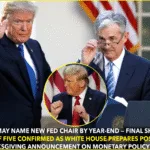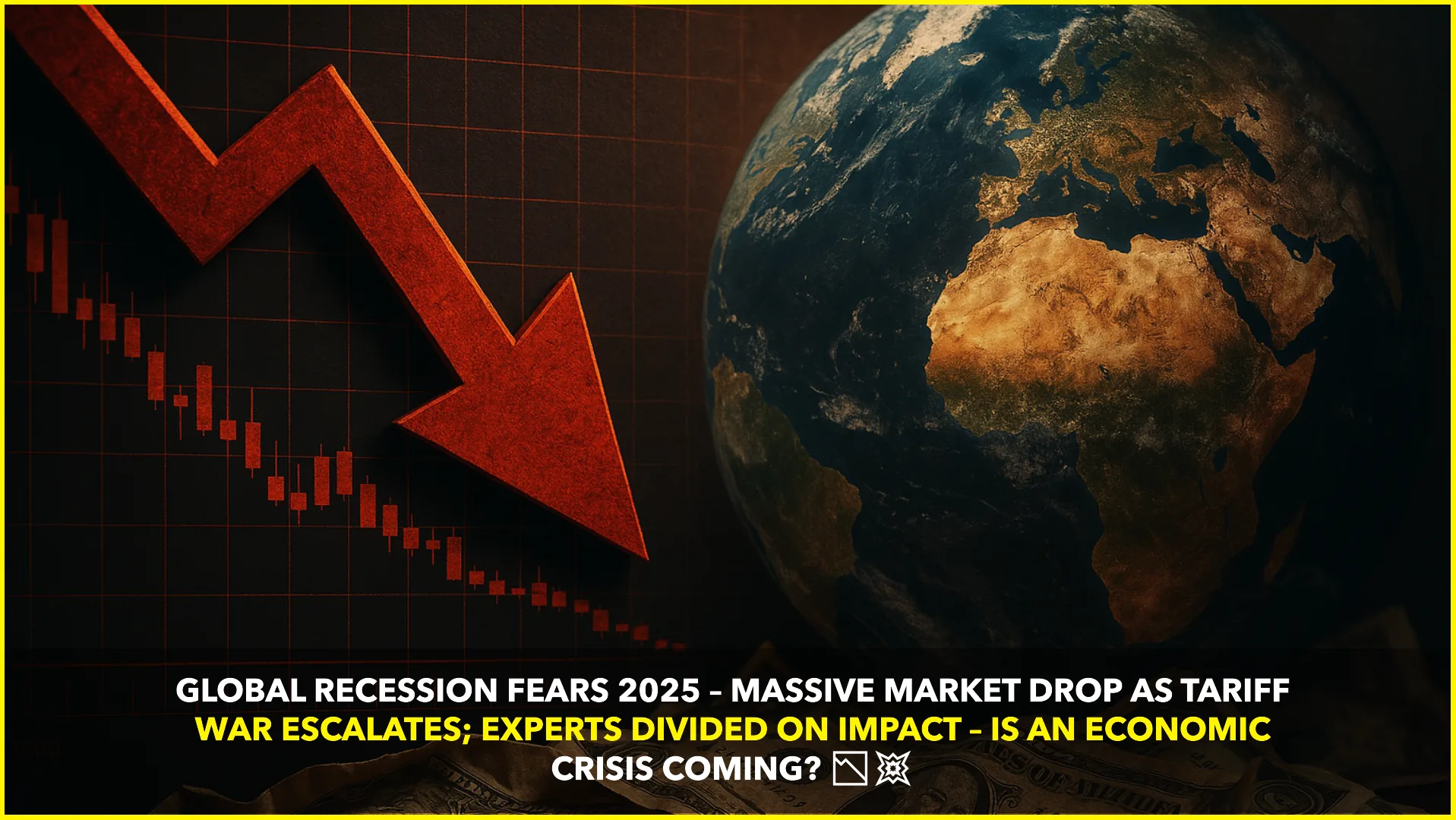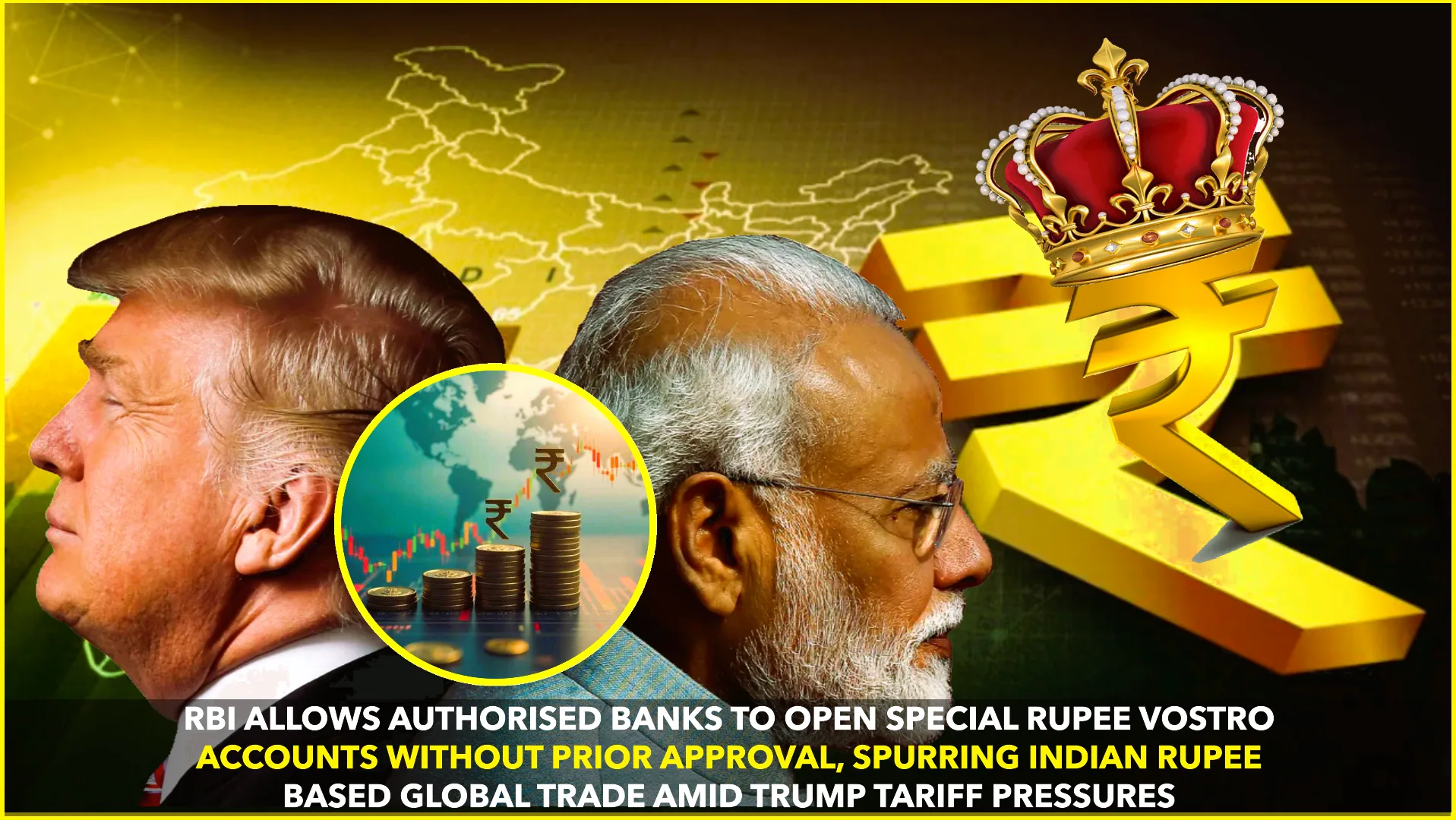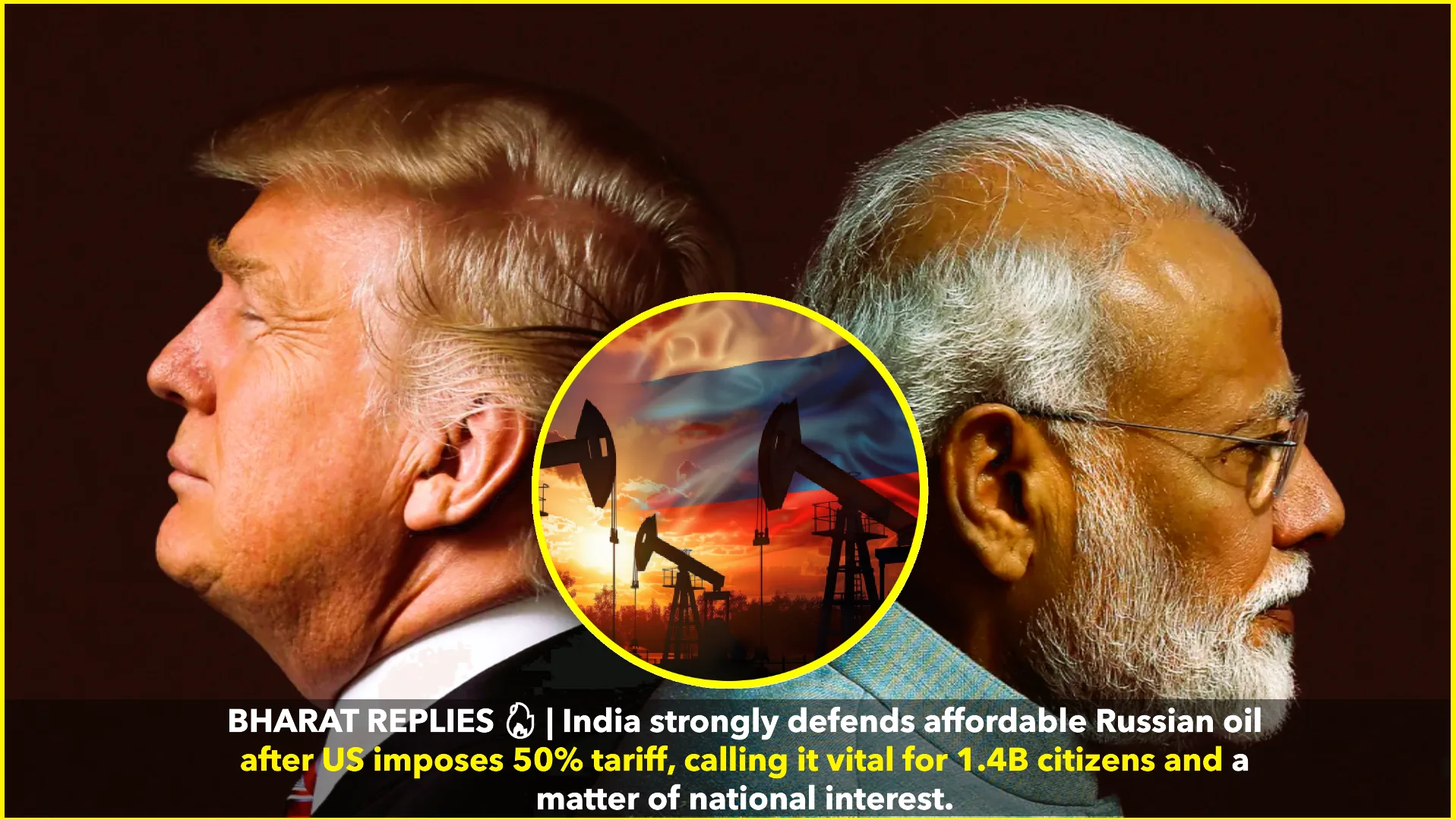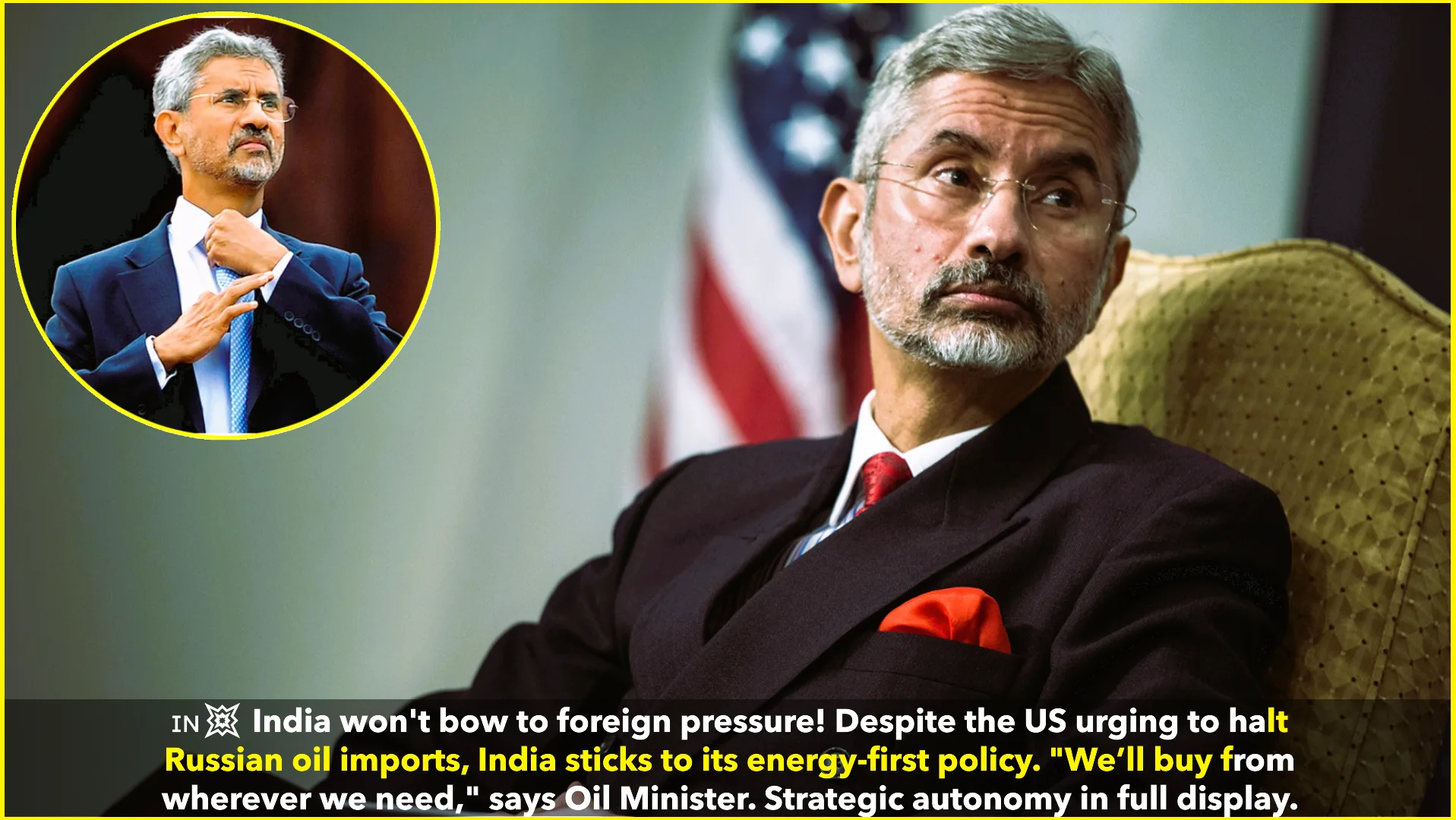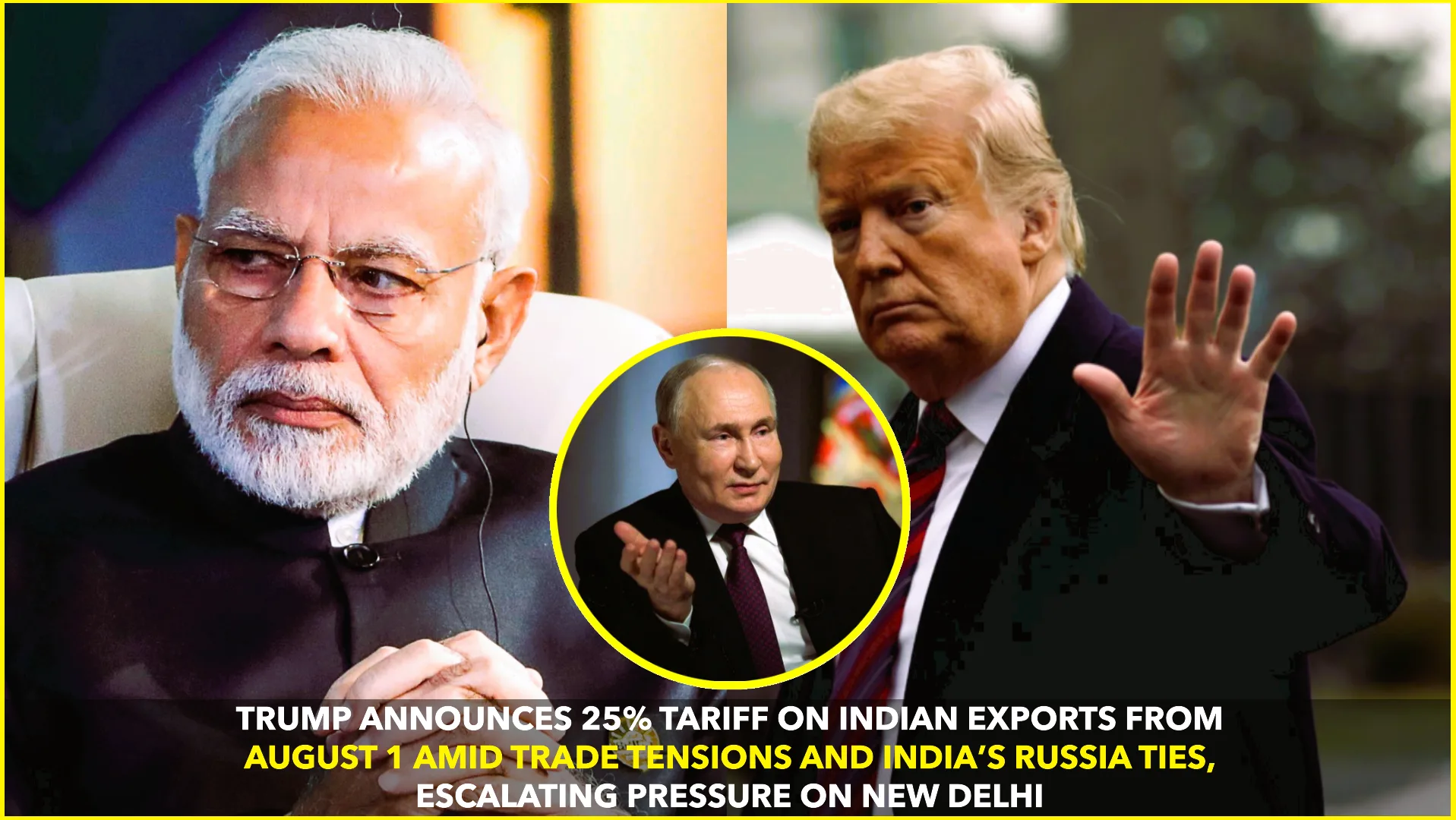In recent developments, the global economic landscape has been marked by significant volatility, leading to growing concerns about a potential recession in 2025. The primary catalyst for these apprehensions is the implementation of extensive tariffs by President Donald Trump, which has triggered substantial market reactions and divided opinions among economists and policymakers.
Market Reactions to Tariff Announcements
The announcement of sweeping global tariffs by President Trump has led to pronounced declines in stock markets worldwide. U.S. stock futures experienced a sharp downturn, with the Dow Jones, S&P 500, and Nasdaq recording their most significant weekly losses since the March 2020 pandemic-induced crash. Notably, the Nasdaq and Russell 2000 have entered bear market territory, indicating a decline of over 20% from recent highs. Treasury yields have also fallen significantly, and crude oil prices have dropped to levels not seen since 2021. Investors are bracing for further volatility amid strong fears of recession or stagflation due to the tariffs.
Asian markets have mirrored this negative sentiment. Japan’s Nikkei index plummeted by 6.5%, while markets in Hong Kong, Taiwan, Singapore, Australia, and South Korea also faced considerable declines. Financial stocks, particularly large banks in Japan and notable lenders like HSBC and Standard Chartered in Hong Kong, were among the hardest hit. Despite warnings from financial experts and fund managers urging a strategic pause in the tariff rollout, the Trump administration remains steadfast, projecting an eventual market boom. The Guardian+1New York Post+1
Divergent Economic Forecasts
The economic outlook for 2025 presents a complex picture, with institutions offering varying projections. Goldman Sachs has raised concerns, warning that if President Trump’s newly announced global tariffs take effect as planned, the likelihood of a U.S. recession will rise significantly. The banking giant revised its 12-month recession probability from 35% to 45%, citing a projected 20 percentage point increase in effective tariff rates, financial market tightening, foreign consumer boycotts, and increased policy uncertainty.
Conversely, JP Morgan offers a more optimistic perspective. The firm outlines a global economic outlook for 2025 with a low likelihood of recession, estimating only a 15% probability of an economic downturn in the first half of the year. According to JP Morgan, the United States is expected to remain the primary growth driver, supported by a strong labor market, healthy credit fundamentals, and significant investments in artificial intelligence. Global growth is forecasted to slow from 2.7% in 2024 to 2.2% in 2025, with regional variations evident. OECD+5Big News Network+5The Economic Times+5
The Organisation for Economic Co-operation and Development (OECD) projects global GDP growth of 3.3% in 2025, up from 3.2% in 2024. Inflation in the OECD is expected to ease further, from 5.4% in 2024 to 3.8% in 2025, supported by the still restrictive stance of monetary policy in most countries. The OECD emphasizes the need for policy action to safeguard macroeconomic stability and to boost productivity and the foundations for growth. OECD
Policy Responses and Recommendations
In response to the escalating concerns, U.S. Treasury Secretary Scott Bessent has downplayed the likelihood of a recession resulting from the tariffs, emphasizing robust job growth as a sign of economic stability. He acknowledged ongoing market volatility but suggested that most American investors remain relatively shielded, with retirement accounts only down 5-6% for the year. Bessent indicated that the current instability stems from the tariffs, which have initiated a prolonged “adjustment process” in global trade.
On the other hand, prominent investor Bill Ackman has issued a stark warning, suggesting that the global economy is teetering on the edge of a “self-induced economic nuclear winter” due to the widespread implementation of tariffs. Ackman has urged President Trump to initiate a 90-day pause to renegotiate what he describes as unfair asymmetric global tariff systems. He cautioned that an economic war could lead to a severe downturn, halting business investments, reducing consumer spending, and escalating unemployment, particularly harming low-income Americans. New York Post
Conclusion
The global economy stands at a critical juncture as it approaches 2025. The implementation of extensive tariffs by the U.S. administration has introduced significant uncertainty, leading to divergent forecasts and policy recommendations. While some institutions foresee a heightened risk of recession, others project resilience, contingent upon policy responses and market adjustments. The coming months will be pivotal in determining the trajectory of the global economy, with trade policies and international negotiations playing central roles in shaping outcomes.




